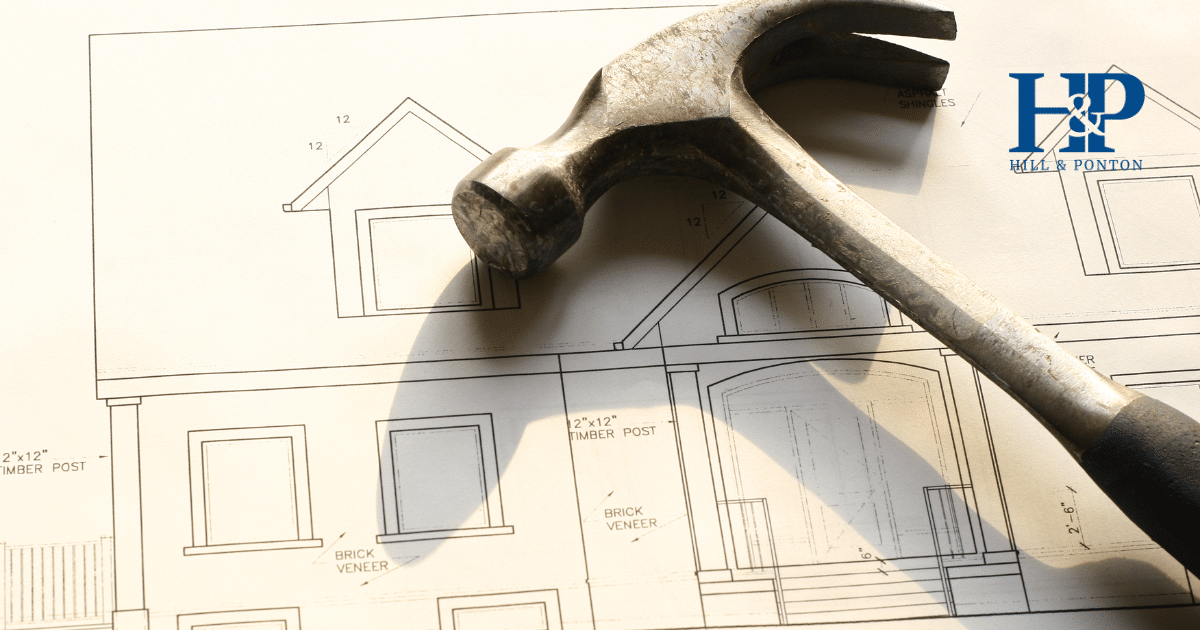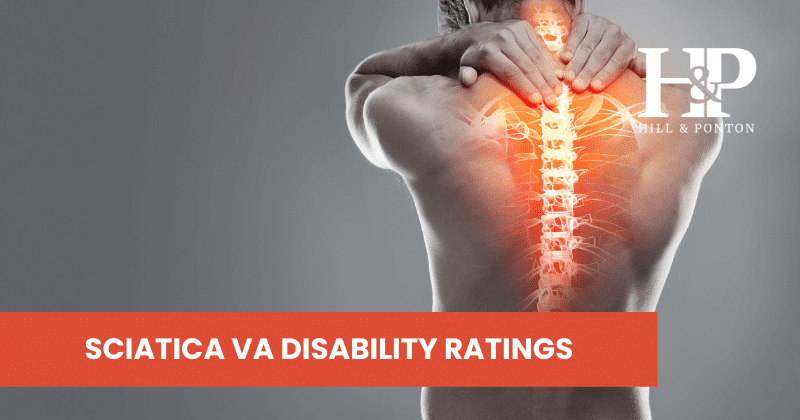If your combined rating equals 100 percent, whether from a single condition or multiple conditions, you may qualify for special housing adaptation benefits. These benefits allow disabled veterans to modify or build homes that accommodate their needs, promoting maximum independence. Importantly, these housing grants do not affect other VA benefits, such as monthly disability compensation.
Types of Adaptive Housing Grants for Disabled Veterans
An Adaptive Housing Grant is funding that is available through the VA to assist Veterans with certain service-connected disabilities to live as independently as possible for as long as possible. Veterans who have limitations of movement such as in wheelchairs, need spaces they can access freely such as hallways and doorways wide enough to accommodate their chair as well as turning around.
There are several types of grants that address different types of environmental adaptations. One is for purchasing a new home, one for adapting a current home, and there are also temporary grants for temporary living spaces such as a family member’s home a veteran may be living in until they are able to move into more permanent housing due to needing 24 hour care for a length of time until they are recovered enough to live more independently.
Specially Adapted Housing Grant (SAH Grant)
The SAH Grant provides up to $117,014 (as of FY 2024) for up to 120 veterans per year to build or modify a home for independent living. To qualify, you must have a 100% disability rating and meet one or more of these criteria:
- The loss, or loss of use, of more than one limb
- The loss, or loss of use, of a lower leg along with the residuals (lasting effects) of an organic (natural) disease or injury
- Blindness in both eyes (with 20/200 visual acuity or less)
- Certain severe burns
- The loss, or loss of use, of one lower extremity (foot or leg) after September 11, 2001, which makes it so you can’t balance or walk without the help of braces, crutches, canes, or a wheelchair.
Special Home Adaptation Grant (SHA Grant)
The SHA Grant offers up to $23,444 (as of FY 2024) for veterans to adapt their current home or purchase a new one. Veterans may qualify for both the SHA and SAH grants and are encouraged to apply for both if eligible. To start, complete Form 26-4555 and submit it to your nearest VA regional office.
Home Improvement and Structural Adaptation Grant (HISA Grant)
The HISA Grant helps veterans make home modifications necessary for medical treatments prescribed by their doctors. Unlike the SAH and SHA grants, the HISA Grant is available to both service-connected and non-service-connected veterans.
- Veterans with a service-connected disability may receive up to $6,800.
- Veterans with a non-service-connected disability rated at least 50 percent can receive up to $2,000.
HISA grants can be used to modify the veteran’s home to ensure it meets their medical needs. Veterans should submit the Veteran’s Application for Assistance in Acquiring Home Improvement (VA Form 10-0103) along with supporting documentation.
Temporary Residence Adaptation Grant (TRA Grant)
The TRA Grant provides financial assistance to veterans who need temporary housing modifications while living with a family member to receive medical care.
- Veterans eligible under Section 2101(a) of the SAH Grant can use up to $47,130.
- Veterans eligible under Section 2101(b) of the SHA Grant can use up to $8,415.
This grant is available only to veterans no longer on active duty, as current service members are not eligible.
What Renovations Qualify?
Many types of renovations can qualify under SAH or SHA programs:
- Bathrooms, kitchens, and bedrooms;
- Covered porches, ramps, and walkways;
- Garages, carports, and passageways;
- Doors, windows, and flooring materials;
- Security items;
- Concrete or asphalt walkways;
- Sliding doors, handrails, and grab bars.
While there are many innovative adaptations being marketed today for people with disabilities; make sure you get approval from the VA before you contract for any renovations, especially for anything new such as computerized or smart home adaptations.
Grants can be very strict about what they will and will not pay for. However, if the grant will allow for certain things, that may free the Veteran up to pay for other adaptations that the grant may not pay for, so getting the grant does not mean you are limited completely, only by what the grant will fund.
Things to Remember about Accessible Housing
Be specific to your situation. Meet with someone who is an expert in adaptive housing who can give you ideas about things you may not have thought of, for example, lever door handles; best flooring options; home technology issues; cleaning assistance (robot vacuums, etc.); spaces under sinks and counters; switches and plugs within reach, etc.
There are hundreds of small things that someone who is not disabled won’t think of and someone who is newly disabled or who hasn’t lived in an accessible environment may not realize can be adapted. Even something as little as the angle of a light could make a huge difference.
Learn More About VA Benefits
The VETS Advantage Newsletter offers expert tips, step-by-step guidance, and valuable insights to help you understand and maximize your VA disability benefits.




